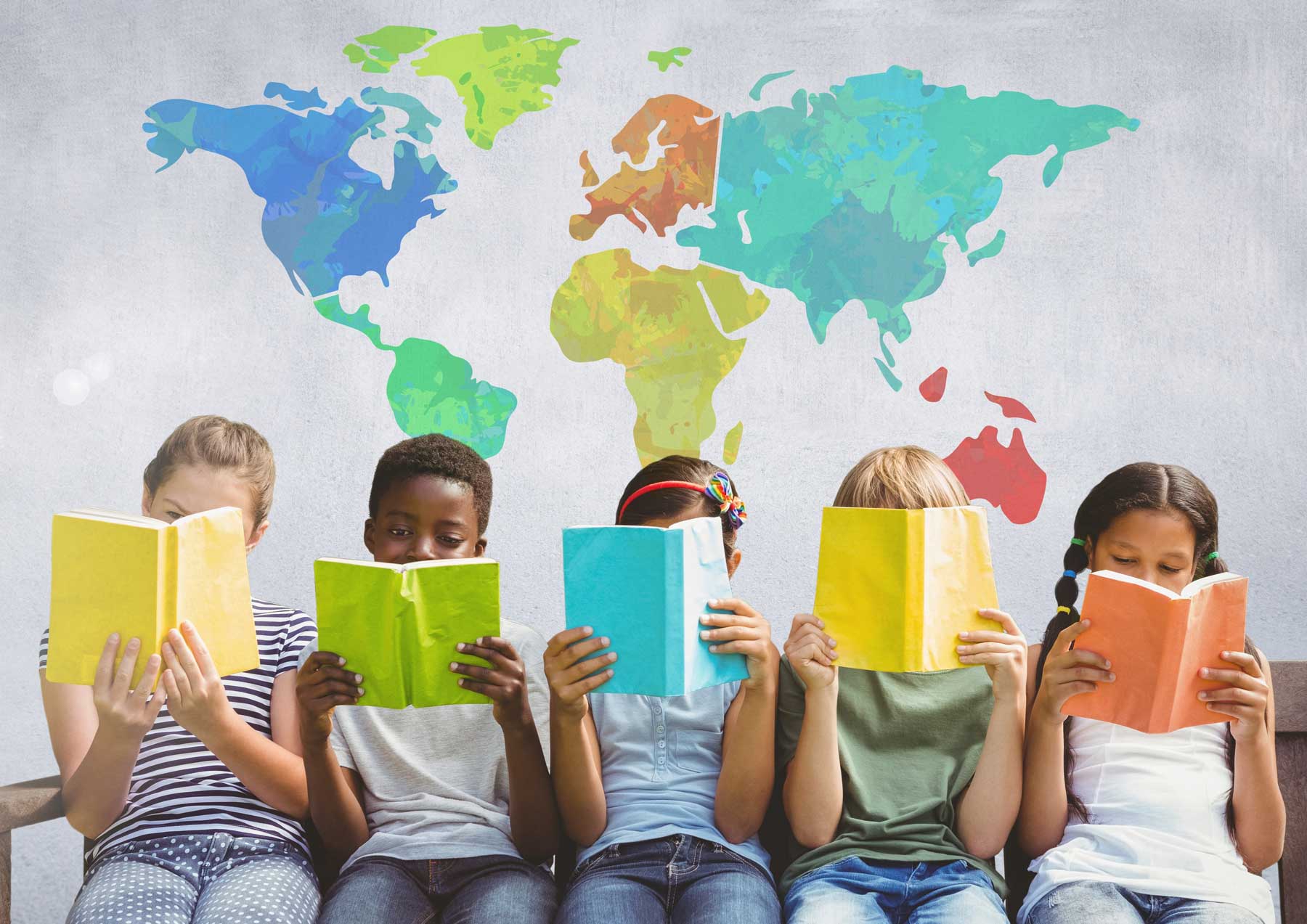United Nations’ Convention on the Rights of the Child, article 28 says: “States Parties recognize the right of the child to education.” For a long time, countries and development aid organisations have focused on fulfilling this article by providing children access to school. But the international community has now realised that going to school isn’t the same as learning. What is the issue, what happens in schools, and what can we do?
The Learning Crisis
In June 2019, there was a panel discussion held about the world’s learning crisis as part of the SuomiAreena event. The national public debate forum is held annually in Pori, Finland. One of the experts taking part in the discussion was Ritva Reinikka, former Director of Human Development for Africa in the World Bank. I had the pleasure to interview Dr. Reinikka on the learning crisis and how Finland could help.
In the year 2000 the United Nations’ Millennium Development Goals were adopted. One of the goals was to provide access to primary education for each child by the year 2015. In that respect, there has been a huge improvement: most children are now going to school world-wide. But according to UNESCO, says Dr. Reinikka, half of the world’s children aren’t learning even the basic skills, such as reading and writing. This shows that schooling doesn’t always equal learning. What is wrong with education, if children aren’t learning despite attending school for years?
The learning crisis has also been noticed by the United Nations. In 2015, the new global Sustainable Development Goals were endorsed. In the Agenda 2030, the goal to provide universal schooling has been modified to tackle the current issues in education. The new aim is to provide universal quality education.
When children aren’t learning, it is typically due to problems in the whole education system, composed of schools that struggle even with water and electricity supplies and teachers who don’t have enough content knowledge and pedagogical skills. “The issue of education is much more complex than building a school, procuring books and desks, or hiring teachers,” says Dr. Reinikka and continues, “While investments in learning environments, teacher training and infrastructure are needed, politics, incentives and history matter even more.”
Quality Education Benefits the Whole Society
Every child should be entitled to quality education. Universal education benefits the whole society, not the students alone. ‘Knowledge is power’, goes the saying. Knowledge and skills make people aware of their rights and possibilities, fuel innovations and reduce the possibility of them being taken abuse of. With a smaller distribution of power, communities become less divided and offer opportunities for also the less privileged.
Equity in education is also important. The girls’ right to education is often highlighted and interventions focusing on girls have proven effects on the community as a whole. “Educating girls has a positive impact on their families, communities and the whole society,” says Dr. Reinikka. “However, studies show that interventions focusing on the quality of education for all, girls and boys alike, tend to generate the biggest positive impact on girls’ education.”
From a larger perspective, societies are better when people are well-educated. Economies, for example, benefit from competent and innovative citizens. The return on investment should be considered also in education. What is the point of investing huge amounts of money on a system that doesn’t work? Wouldn’t it be better to invest in solutions that ensure learning? This is today’s challenge in education in developing countries.
Globally, education is part of the solution to defeating climate change. People become more aware of their actions and invest in more sustainable innovations and solutions. Population growth is also impacted. “If you look at household surveys, for instance, those women who have secondary education usually have much smaller families than those with less education”, Dr. Reinikka points out.
What Could Finland Do?
Finland has international credibility when it comes to education and could use more of its development assistance to improving education. To be sure, the Finnish education system can’t be copied and pasted as it is to other countries. But we have expertise and models that can help countries and local communities to help design their own education systems.
Stepping Up Finland’s Global Role in Education report was published in 2018. It was authored by Dr. Reinikka, Professor Hannele Niemi and Mr. Jukka Tulivuori and commissioned by the Ministry for Foreign Affairs of Finland through Niras Finland, a consultancy company. The report analyses Finland’s position vis-à-vis the learning crisis; what Finland could offer in education and which channels it could use. One channel, Dr. Reinikka suggests, is taking a more active part in the European Union’s development projects. As it has one of the largest international aid programs in the world, the EU would offer a natural way to participate in helping solve the global learning crisis.
Written by Polar Partners’ Marketing intern Juliaana Kärkkäinen
